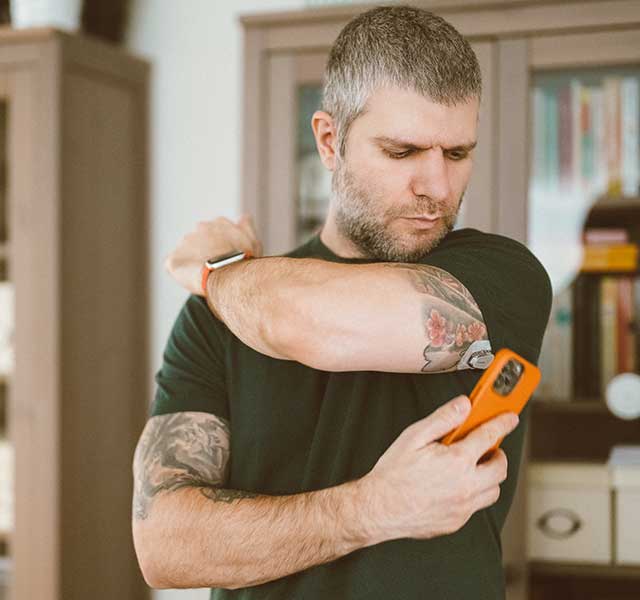About 1 in 3 adults with diabetes will develop diabetic kidney disease (also called diabetic nephropathy). That number might sound daunting, but you can take steps to prevent or delay the progression of kidney disease.
“You can support your kidneys by controlling your blood sugar, taking prescribed medications and eating right. See your doctor yearly for screening, since kidney disease can go undetected until it’s more advanced,” says Kathleen L. Estrada, M.D., an endocrinologist at Henry Ford Health. “The sooner we diagnose kidney disease, the earlier we can offer treatment and prevent complications.”
How Can Diabetes Cause Kidney Disease?
Type 1 and type 2 diabetes are the leading causes of kidney disease. That’s because high blood sugar levels can damage blood vessels within the kidneys. It can also damage the millions of tiny filters (called nephrons) in the kidneys. As a result, the kidneys can’t filter waste and excess fluid out of the blood.
Left untreated, waste and fluid can build up in the body, leading to a condition called uremia. Kidney disease can also increase the risk for other health conditions, such as cardiovascular disease.
If you have diabetes, other factors that increase your risk for developing kidney disease include:
- Smoking
- Obesity
- Physical inactivity
- Heart disease
- High blood pressure (hypertension)
- A family history of diabetes
Kidney disease can progress slowly, showing no symptoms in its early stages. As the disease progresses, symptoms may include:
- Swelling of hands, feet or ankles
- Dry, itchy skin
- Feeling tired and hungry
- Frequent urination
- Unexpected weight loss
Steps To Prevent Diabetic Kidney Disease Or Detect It Early
If you have diabetes, Dr. Estrada recommends consistent blood sugar management and an annual screening to keep your kidneys healthy.
Manage blood sugar and blood pressure
Talk with your doctor about new smart devices that make it easier to control your blood sugar. Many new devices don’t even require a finger stick.
Also be sure to take prescribed medications, exercise regularly and maintain a healthy weight. A dietitian can recommend a well-balanced diet that limits foods high in fat, salt (sodium) and sugar. Reduce stress through mindful meditation, relaxation techniques or social connections.
See your doctor for annual screenings
Your physician may recommend tests to evaluate your blood sugar levels, blood pressure and kidney function.
- Blood sugar testing: A blood test measures your A1C level, which is your average blood sugar level over the past three months. Your doctor can recommend a target A1C level to control your blood sugar.
- Blood pressure: Your doctor will also check and recommend ways to manage blood pressure with lifestyle changes and medications if necessary.
- Kidney function testing: A urine test can detect the presence of protein (albumin), an early sign of kidney disease. Blood tests can also assess how well your kidneys function and filter blood.
How Is Diabetic Kidney Disease Treated?
If you are diagnosed with kidney disease, your doctor will recommend treatment that’s right for you. Medications to treat kidney disease in the early stages include:
- Angiotensin-converting enzyme (ACE) inhibitors and angiotensin receptor blockers (ARBs), blood pressure medications that slow kidney damage in people with diabetes.
- Sodium-glucose transporter receptor 2 (SGLT2) medications, initially developed to treat diabetes but also shown to slow the progression of kidney disease.
“Your doctor may also refer you to a kidney specialist (nephrologist) for further evaluation and treatment if your kidney disease progresses," says Dr. Estrada. "Your efforts to manage your blood sugar and blood pressure will continue to play a key role in your care."
Looking for more information about diabetes and kidney disease? Visit henryford.com or call 1-800-436-7936 to schedule an appointment with a physician.



